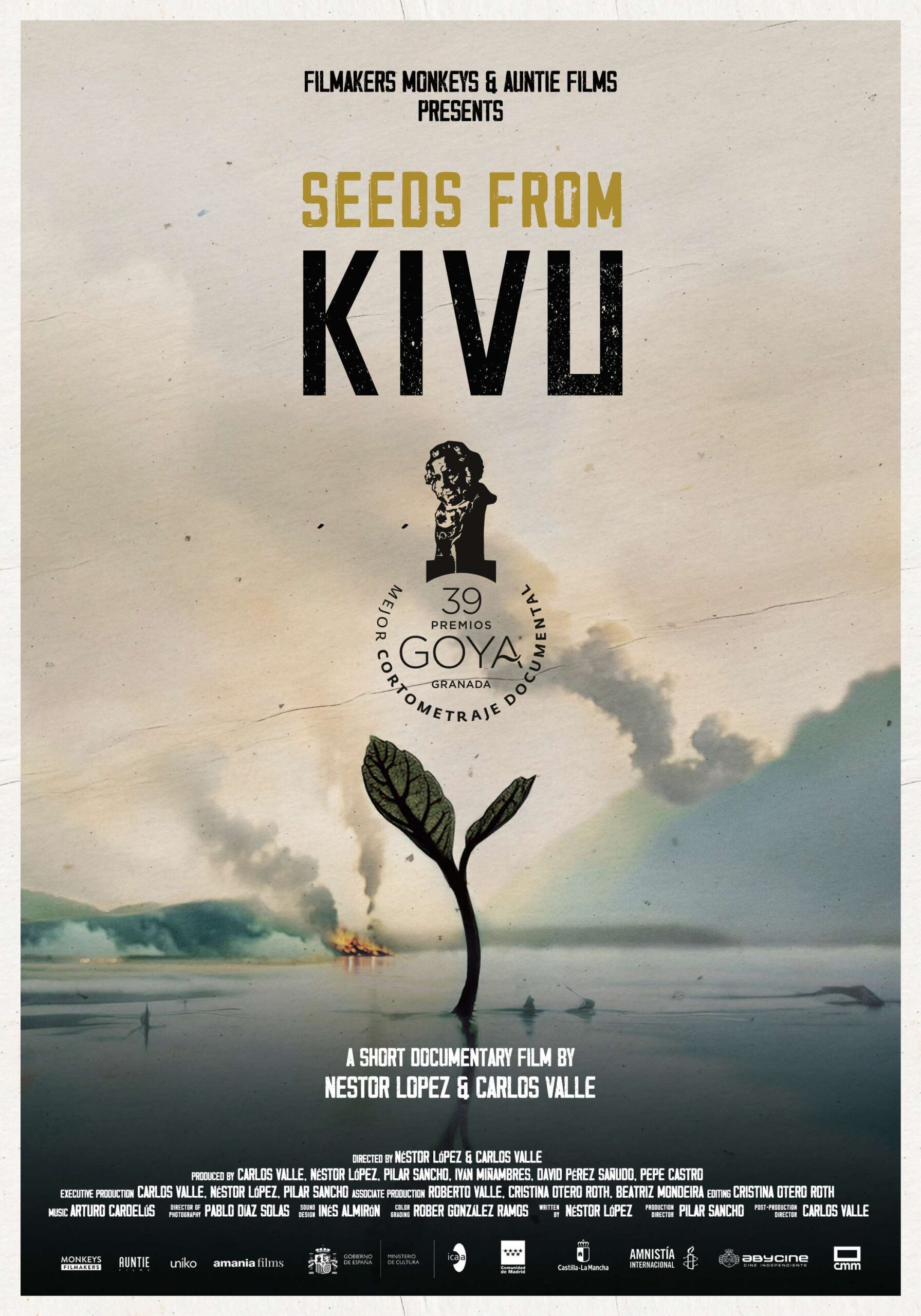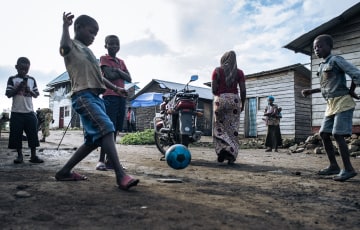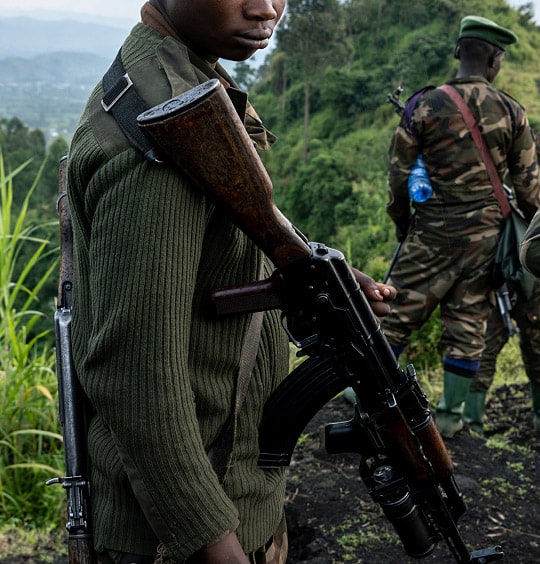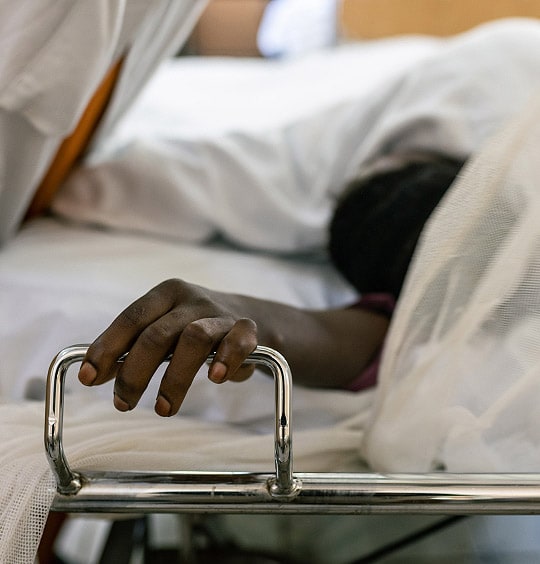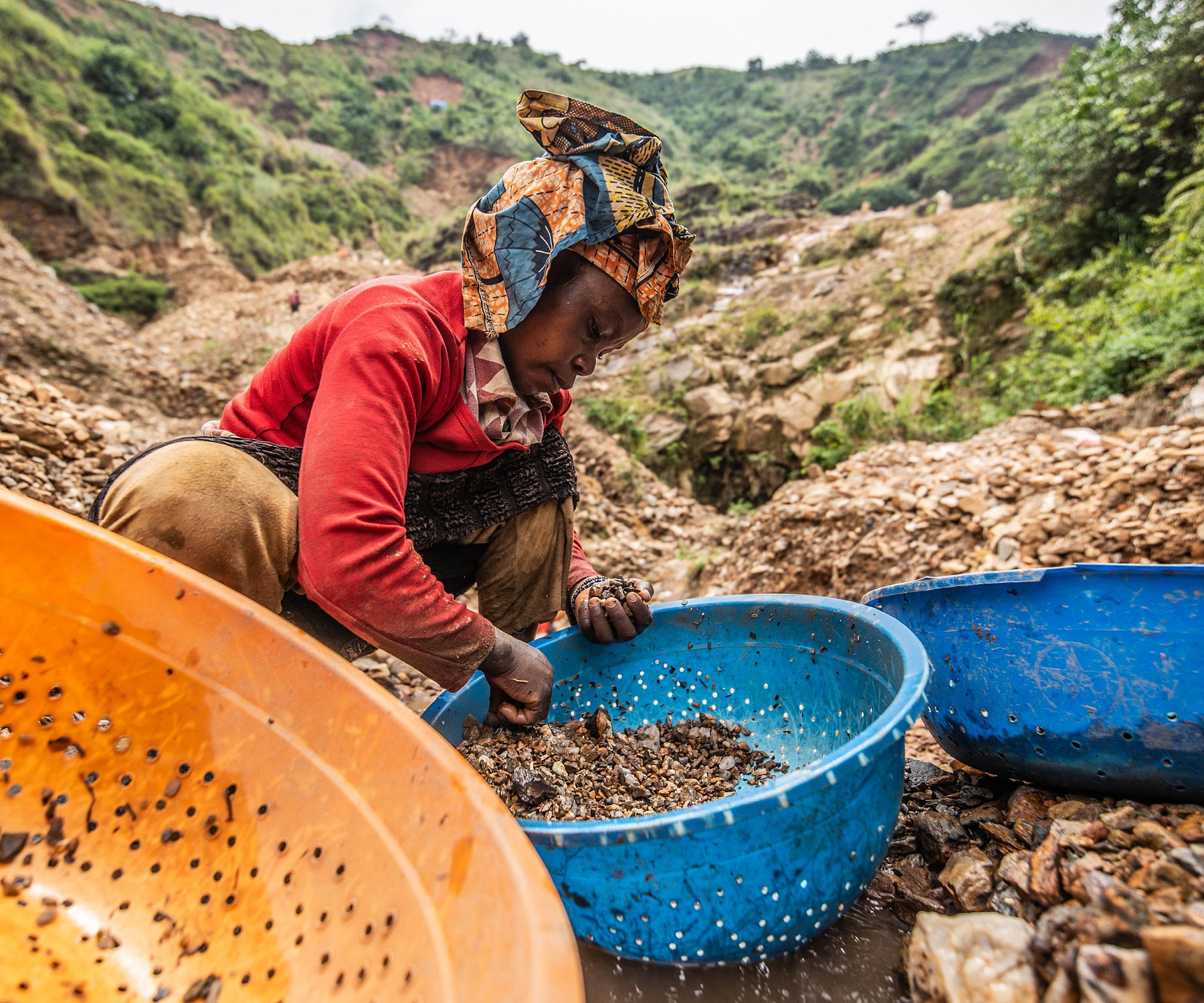
CONFLICT MINERALS IN THE DRC
The Democratic Republic of Congo holds an estimated
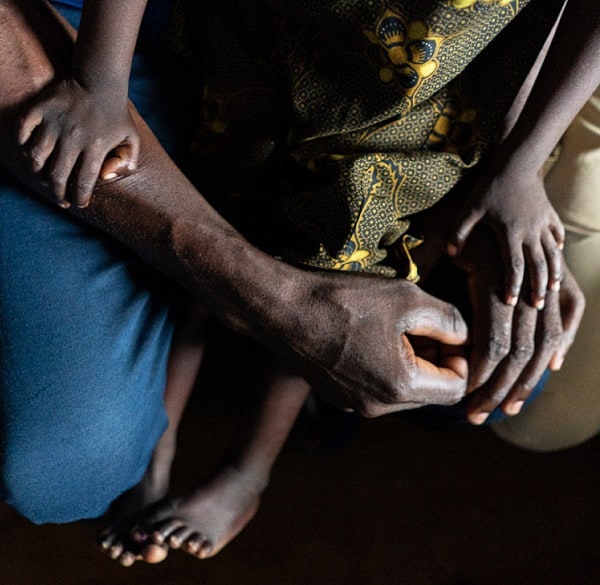
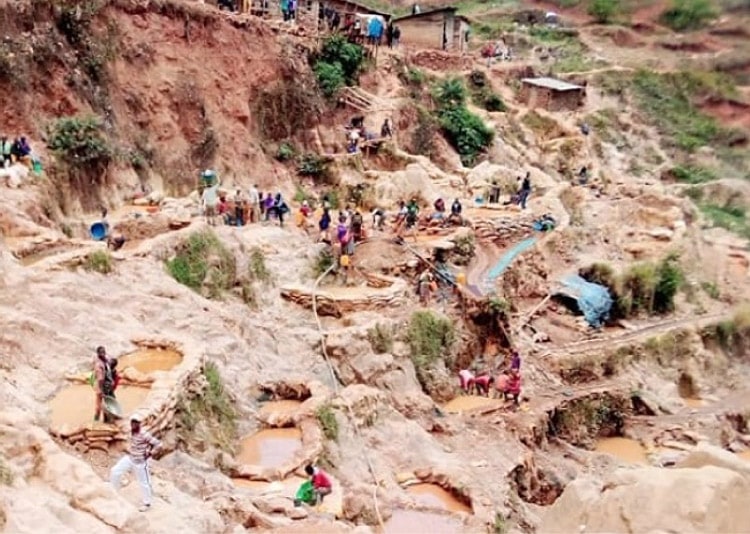
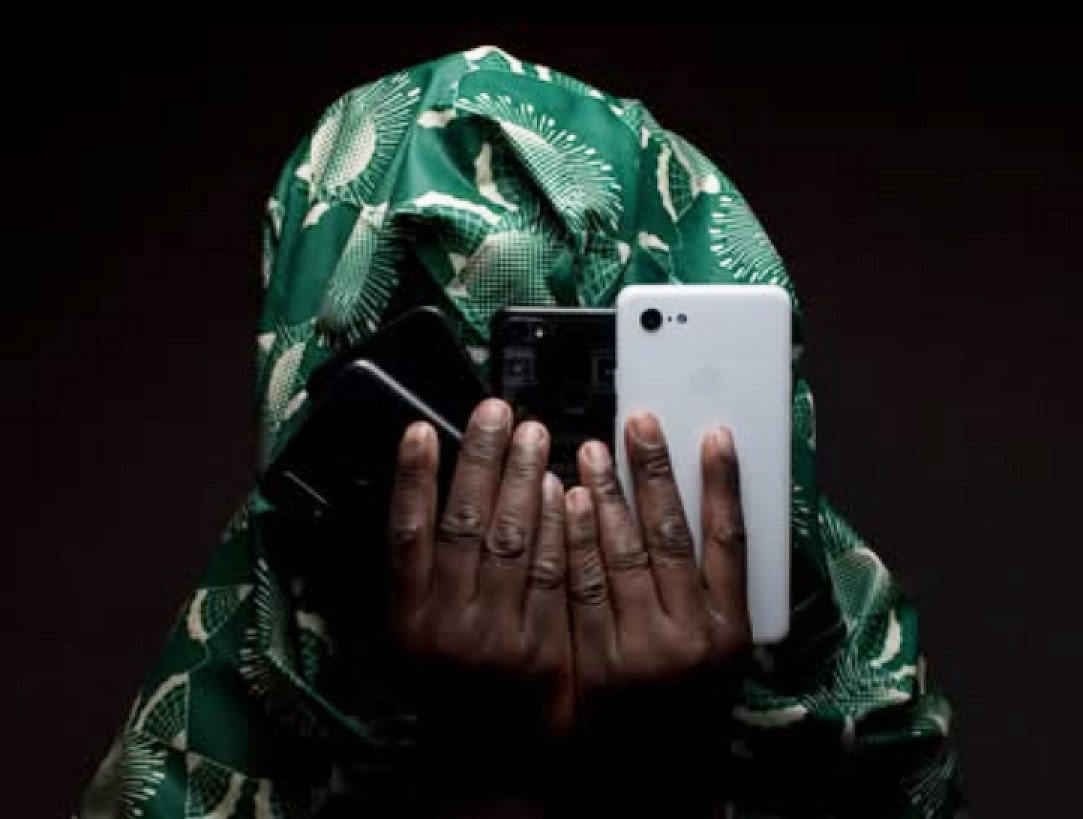
$24 trillion in untapped mineral deposits, making it one of the richest countries in the world in terms of natural resources.
Despite this immense wealth, the country has been plagued by decades of war, sexual violence, and widespread poverty.
Despite this immense wealth, the country has been plagued by decades of war, sexual violence, and widespread poverty.
Minerals like tin, tantalum, tungsten, and gold (3TGs)—commonly referred to as "conflict minerals"—are essential to global industries but are at the center of the violence that continues to devastate the region.
An unimaginable amount of these resources has already been extracted, lining the pockets of armed groups and corrupt actors, while the people of the DRC remain impoverished.
The Role of Conflict Minerals in the Congo War
Since the onset of the Second Congo War in 1998, control over the DRC’s vast mineral resources has fueled conflict between armed groups and militias. These factions fight over mining territories, using profits from the illegal extraction and smuggling of conflict minerals to finance their operations and purchase weapons. The struggle for control over mineral-rich areas has led to prolonged violence, contributing to the deaths of millions and leaving entire regions destabilized.
While the country is home to some of the world’s largest deposits of critical minerals, the revenue generated from these resources rarely benefits the local population. Instead, it sustains the power of warlords, militias, and corrupt officials who perpetuate the cycle of conflict. Global demand for these minerals, used in everyday electronics like smartphones and laptops, ensures that the illegal trade continues despite international efforts to regulate it.
Key Minerals in the DRC and Their Global Supply Share
The DRC is home to some of the most critical minerals used in modern technology and industry. Despite possessing such a significant share of the world’s mineral wealth, the Congolese people see little benefit, as much of the extraction and trade is controlled by armed groups and foreign interests.
Cobalt:
Used in lithium-ion batteries in laptops, smartphones, and electric vehicles (EVs)
Estimated Deposits in DRC:
6 million metric tons
[Source: STATISTA 2023]
Lithium:
Used in lithium-ion batteries in laptops, smartphones, and electric vehicles (EVs)
Estimated Deposits in DRC:
Undetermined
[Source: USGS 2023]
Copper:
Essential for electrical infrastructure, wiring, and renewable energy systems
Estimated Deposits in DRC:
75 million metric tons
[Source: USGS 2023]
Gold:
Used in jewelry, electronics, and as a financial asset
Estimated Deposits in DRC:
600 million metric tons (ore)
[Source: World Gold Council 2023]
Diamonds:
Industrial-grade diamonds used for cutting tools, drilling, and high-tech applications
Estimated Deposits in DRC:
150 million carats
[Source: Kimberley Process 2023]
Where Minerals Are Found in the DRC
The country’s mineral wealth is concentrated in the eastern and southern regions, particularly in the provinces of:
- Katanga – Rich in copper and cobalt.
- North & South Kivu – Key areas for tin, tungsten, tantalum and gold.
- Ituri – Significant gold deposits.
- Maniema – Tin, tungsten, tantalum and gold deposits.
- Kasai – Home to diamond mining operations.
For a detailed map of mineral-rich areas in the DRC you can explore this interactive map developed by IPIS.
The Connection to Sexual Violence
Sexual violence in the DRC is not only a byproduct of the war but a deliberate tactic used by armed groups to control mineral-rich regions. Militias and factions use mass rape and sexual assault as weapons of war to terrorize and dominate communities, especially in areas where mining activities occur. The violence is designed to break the spirit of the population, making them easier to exploit for labor and resources. Women and girls, in particular, are targeted in these mining areas, leaving survivors traumatized and communities devastated.
This widespread use of sexual violence perpetuates a cycle of fear and instability, with survivors often stigmatized and unable to return to normal life. The use of rape as a weapon has shattered communities and deepened the trauma, further entrenching control over valuable mineral deposits. This systematic sexual violence, directly tied to the exploitation of minerals, has long-lasting consequences for both survivors and the broader society.
The Impact on Poverty
The DRC is paradoxically one of the poorest countries in the world, despite its extraordinary mineral wealth. While an estimated $24 trillion in untapped mineral resources lie beneath the ground, the people who live above them see little benefit. Armed groups and corrupt officials siphon off the wealth, leaving local populations trapped in poverty. Workers, including children, are forced to toil in dangerous and degrading conditions in the mines, receiving little pay for their labor.
As the DRC’s resources are extracted and smuggled out, the infrastructure, health, and education systems remain in ruins. Families are displaced by the conflict, fleeing from violence and abandoning their homes and livelihoods. Entire communities are destroyed, while those who profit from the mineral trade continue to fuel instability. The people of the DRC are left in a perpetual state of poverty, while the wealth of their land is siphoned into global markets.
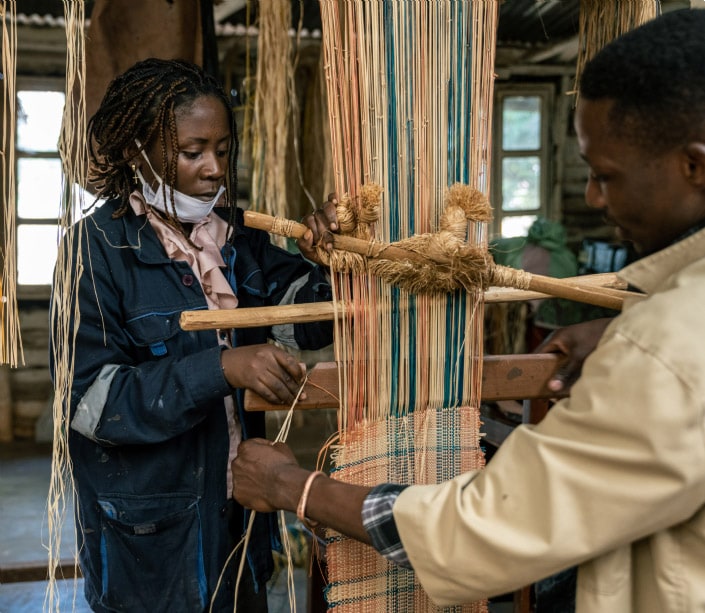
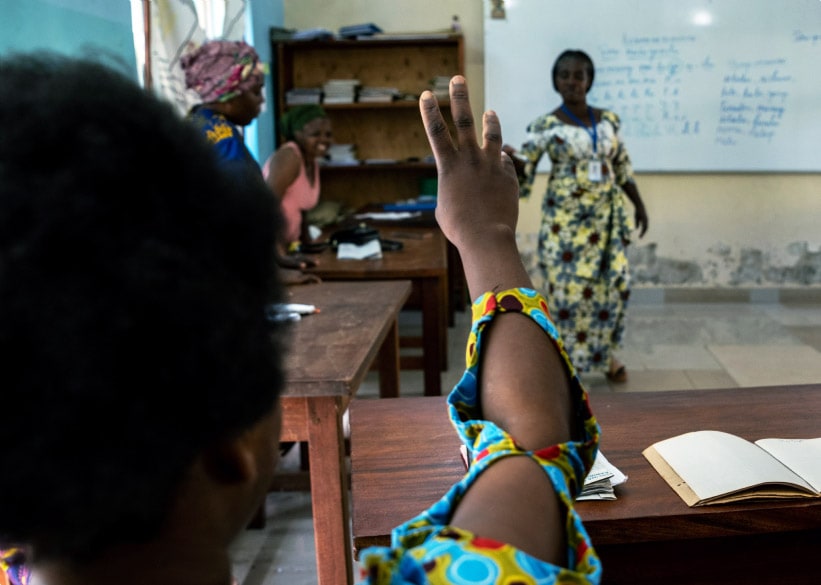
Ending the link between conflict minerals, war, sexual violence, and poverty in the DRC is crucial for peace and prosperity.
National and international efforts, including mechanisms such as ITOA, Section 1502 of the Dodd-Frank Act, the OECD Due Diligence Guidance, the ICGLR Regional Certification Mechanism, and the Responsible Minerals Initiative, have sought to cut off the flow of conflict minerals into global supply chains. However, these initiatives are undermined by their voluntary nature and/or weak implementations, allowing companies, governments, and individuals to avoid accountability. The lack of meaningful sanctions against these actors, coupled with the systemic nature of the exploitation, means that these efforts fail to challenge the underlying economic drivers of the conflict, allowing the status quo to persist. Stronger regulation, increased transparency and meaningful fiscal reforms are needed to reduce the demand for conflict minerals.
Locally, organizations like Panzi Foundation provide critical support to survivors of sexual violence and advocate for systemic change. By addressing the root causes of sexual and gender-based violence, Panzi is helping to restore dignity to survivors and communities devastated by the conflict. Additionally, promoting ethical and sustainable mining practices can create pathways for Congolese people to benefit from their country’s vast mineral wealth without fueling violence.
The DRC’s natural wealth should be a source of prosperity, not pain. By breaking the cycle of exploitation, conflict, and violence surrounding these resources, the people of the DRC can begin to reclaim their future, building a more stable, just, and equitable society. Ending the exploitation of conflict minerals is essential to ending the war, stopping sexual violence, and lifting the Congolese people out of poverty.
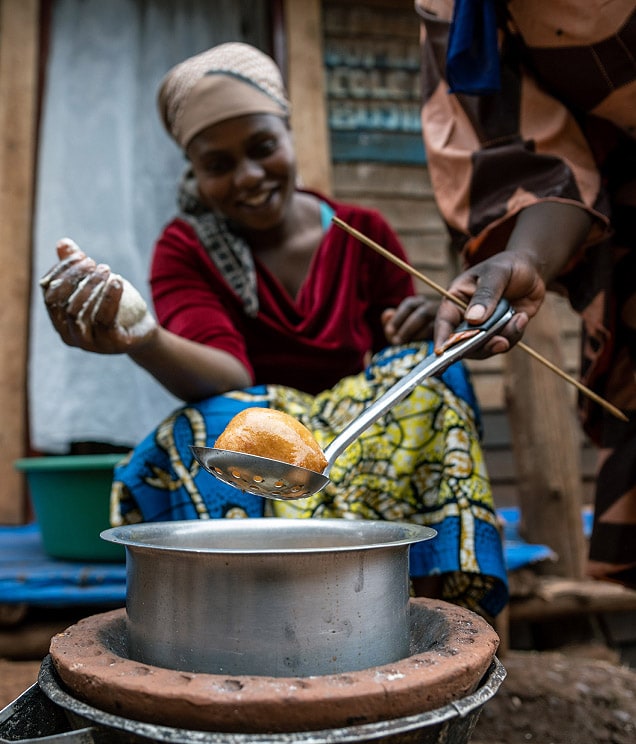
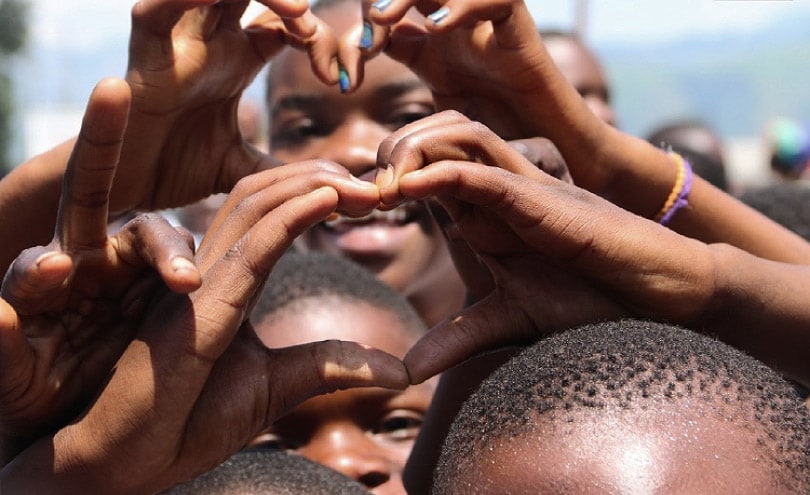
Learn more about our solutions:
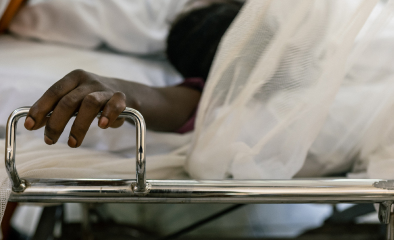
Our solutions
From peace building to transitional justice to survivor care to responsible sourcing
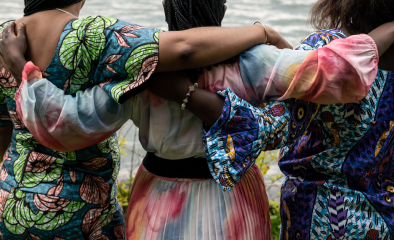
Our holistic model
Medical, psychosocial, legal, and socio-economic holistic support for every survivor
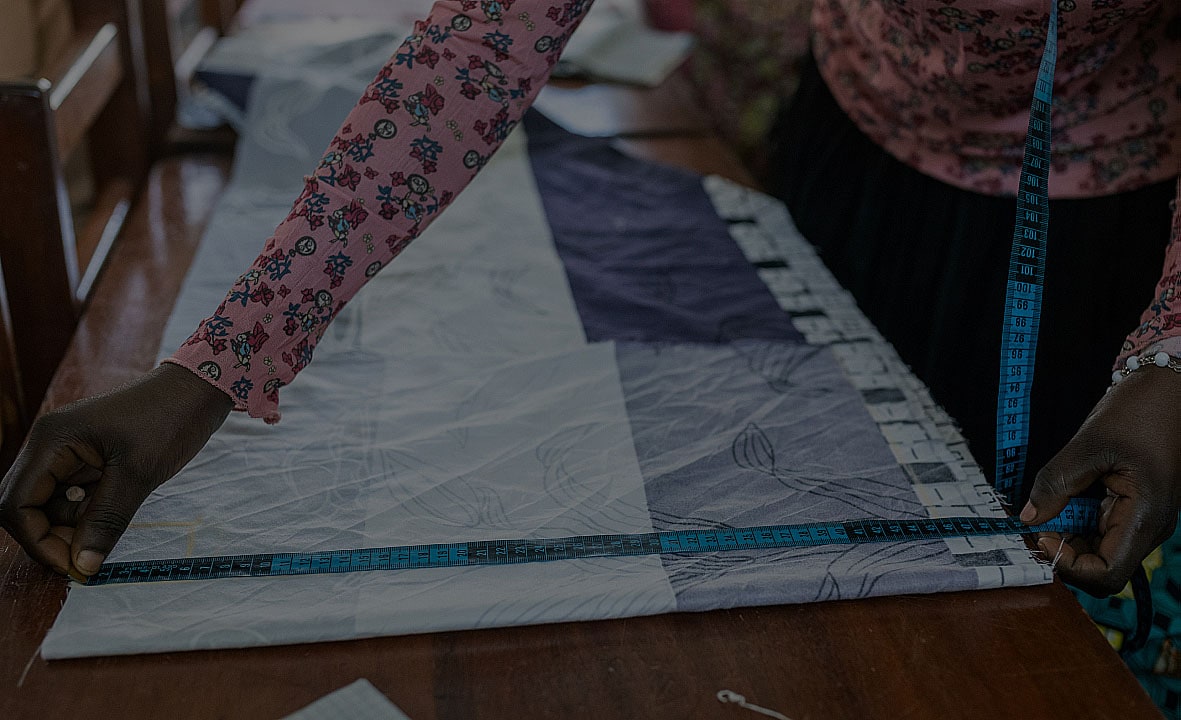
Transformative Livelihoods
Empowering survivors, disrupting exploitation, all through skills training
Join Us in healing survivors and communities in the DRC
